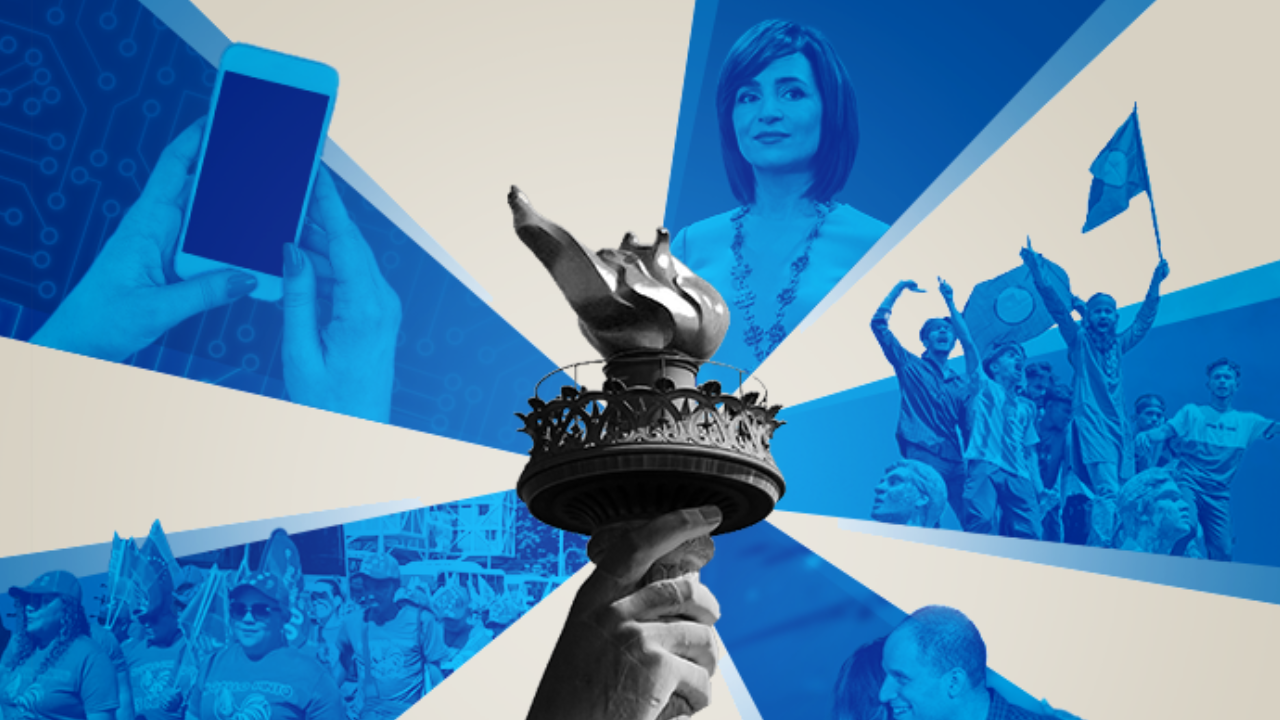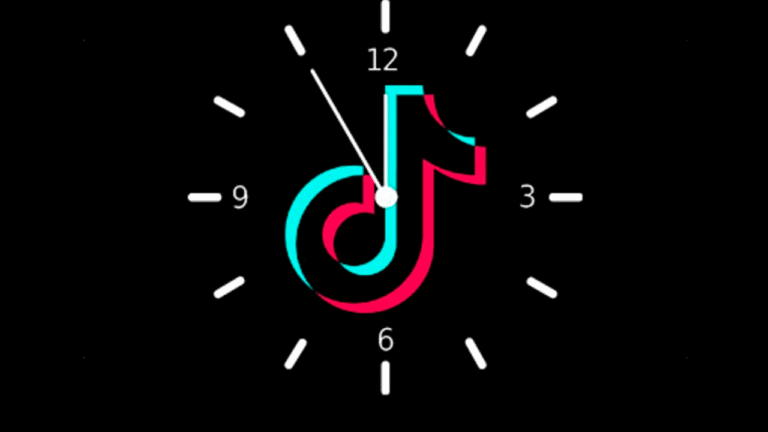What the 2025 Global Elections Mean for Digital Freedom
In a year marked by political transitions and rising global tensions, the 2025 elections around the world are shaping more than just leadership — they are directly influencing the future of digital freedom. As democracies and authoritarian regimes alike redefine policy landscapes, one thing has become increasingly clear: our rights online are now political battlegrounds.
From debates on surveillance and censorship to decisions around artificial intelligence, internet shutdowns, and data privacy, 2025 is not just about who holds power — it’s about how that power will control the digital lives of billions.
Let’s break down what’s really at stake, where the most important changes are happening, and what it all means for you, whether you’re a creator, journalist, tech entrepreneur, or simply a digital citizen.
Why Digital Freedom Matters Now More Than Ever
In 2025, nearly every aspect of our lives is tied to the internet. News, banking, entertainment, education, health care, communication, even our identities — all flow through digital spaces. As a result, the freedom to access, express, and innovate online is no longer a luxury. It’s a necessity.
Digital freedom includes:
- Access to an open and uncensored internet
- The right to privacy and encrypted communication
- The ability to share information without surveillance or fear of retaliation
- Equal opportunity in the digital economy
- Protections against misinformation and platform manipulation
As governments set new policies after elections, these freedoms are either expanded or restricted — often rapidly.
A Global Shift: The Key Election-Driven Changes
1. Increased Censorship in Authoritarian Regimes
Some countries, following leadership changes or power consolidations in 2025, have moved toward stricter control of online narratives. New legislation in parts of Asia, Eastern Europe, and Africa has increased state authority over internet service providers, platforms, and what citizens are allowed to post.
In many cases, governments are using national security or anti-misinformation laws to justify censorship. Independent news sites are being blocked. Social media influencers are under pressure to align with official narratives. Anonymous browsing and VPN use are being criminalized.
This growing model is what some experts now call the “splinternet” — a fragmented internet shaped by each government’s ideology, rather than a global and open system.
2. Tech Policy Battles in Democracies
Even in democratic nations, the 2025 elections have triggered major policy debates. Some newly elected leaders are pushing for stricter platform regulations, not just to control misinformation, but to force tech companies to take more accountability.
Key changes in these countries include:
- Mandatory transparency reports on how algorithms shape news feeds
- Penalties for platforms that fail to curb hate speech or election disinformation
- National-level bans on facial recognition tech in public spaces
- Debates on limiting or taxing AI-generated content
At the same time, many citizens are worried about overreach, arguing that such policies could restrict freedom of expression or stifle innovation in the digital economy.
3. The AI Regulation Wave
2025 is the first major election year where AI governance has taken center stage. Countries around the world are passing laws on how AI should be developed, deployed, and monitored — and not all policies favor openness.
Some governments are using AI to power large-scale surveillance programs, monitor dissent, or control online behavior through automated moderation tools. In contrast, other nations are introducing AI transparency laws, requiring companies to disclose when users are interacting with machine-generated content.
The elections have tilted this balance. Where pro-privacy or pro-tech leaders were elected, citizens are seeing stronger digital rights and ethical AI use. But in places where AI is seen as a tool for national control, those rights are shrinking fast.
4. Elections and Internet Shutdowns
Another alarming trend is the continued use of internet shutdowns during elections. In several countries this year, governments temporarily blocked access to the internet or specific platforms during protests or election day activities.
The stated reasons include preventing unrest or stopping the spread of false information. But many watchdog groups argue that these moves are about suppressing opposition voices and limiting public oversight.
This year, new laws passed by recently elected governments have made such shutdowns legal and easier to execute — a dangerous development for democratic participation and digital rights.
The Rise of Digital Activism
Despite these crackdowns, digital activism has grown stronger. Activists, independent journalists, and civil society groups are finding new ways to protect and expand online freedom, using:
- Decentralized platforms
- Encrypted communication apps
- Blockchain-based social media
- Digital literacy campaigns to educate citizens on their rights
Global pressure is also mounting. International coalitions and watchdog groups are tracking violations of online freedoms more closely than ever before. And they’re calling out governments that break norms or try to silence digital voices.
What This Means for the Average Internet User
So how does this impact your day-to-day experience?
- You May Have Less Access to Global Information
Depending on your country’s new policies, certain sites or content may be restricted. VPNs, independent news outlets, or foreign media may no longer be accessible. - Your Digital Footprint Is More Valuable Than Ever
With tighter surveillance laws, your online activity is under more scrutiny. Protecting your data — through encrypted tools, stronger passwords, and privacy settings — is no longer optional. - Creating Content Comes with New Risks and Rules
Whether you’re a YouTuber, writer, or meme maker, the lines around “acceptable” content are shifting. You may face takedowns, demonetization, or even legal issues depending on what and where you post. - Opportunities and Censorship Are Both Growing
The digital world remains a space for opportunity — remote jobs, online businesses, and global conversations. But that space is narrowing for many. Knowing your rights and the laws in your country is now essential.
Final Thoughts: The Digital Future Is Political
Elections don’t just decide who runs governments — they shape the platforms we use, the privacy we’re given, and the freedom we enjoy online.
In 2025, global politics and digital policy are now tightly connected. The question for each country, and for each user, is clear: Will we fight for an open internet, or let it slip away behind firewalls, filters, and fear?
As new governments settle in, citizens, companies, and creators must stay vigilant. Because the battle for digital freedom is no longer in the future. It’s happening now.






